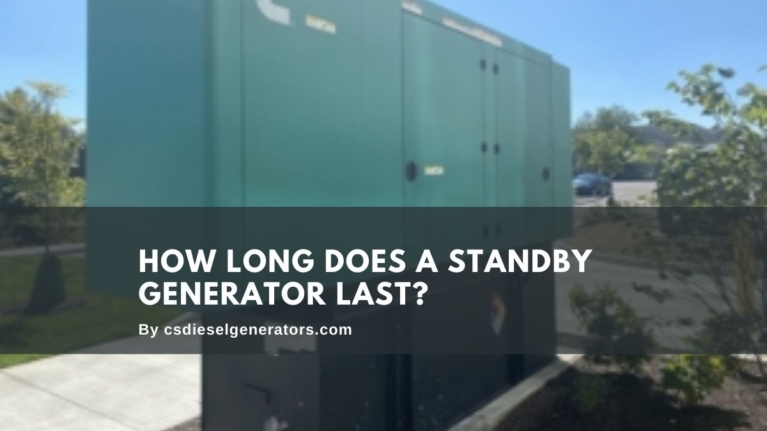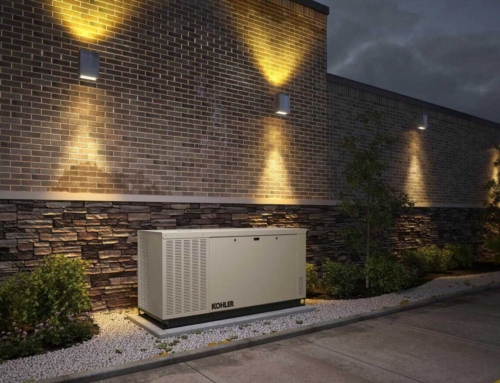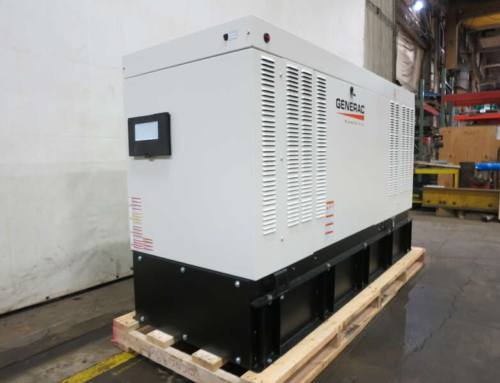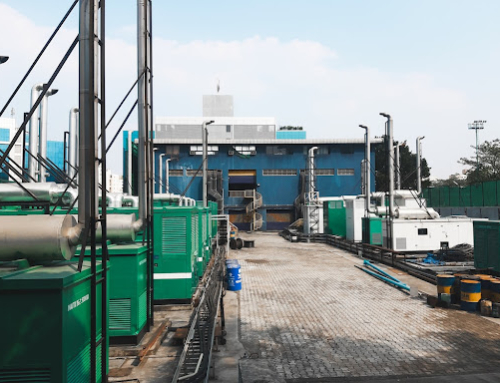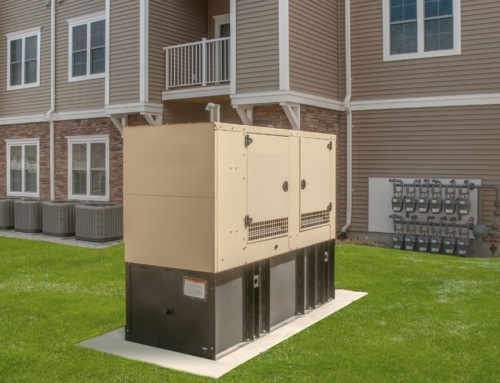A standby generator usually requires significant spending. However, most businesses consider it as an investment rather than an expenditure for the simple reason that the generator will help run the business seamlessly – even during power outages! But what if the outage is rather long and seems unending? How long will the standby generator last then? Also, is there a way to increase the overall lifespan of a generator? Well, we know these questions can be bothersome. Hence, we bring to you precise answers and actionable tips for each one of them!
How Long Will a Generator Last in an Outage?
Ideally, you can expect your generator to run as long as it has fuel in it! Hence, consider your business foolproof if you have a natural gas generator, since it will be hooked to a gas line, and would have a consistent supply regardless of the length of the outage.
If, on the other hand, you have a diesel or propane generator, then having a tank full of fuel should be a top priority. This can be done in three ways –
- Ensuring that your generator is facilitated with a 24-hour fuel tank
- Equipping your generator with a larger tank, especially if your business is such that an outage can cause major disruptions and lead to financial losses
- Having a refueling service at your bay, so that they can help you stay stocked up in the event of a prolonged outage
While the above-mentioned tips will help ensure that your generator runs seamlessly, there are certain tips that can help it function better and more efficiently. These are as follows–
- Keep your generator clean, and ensure that there is no accumulation of dirt, dust, debris, and/or snow
- While the generator is capable of powering multiple appliances and machinery simultaneously, you should try and use only those that are absolutely necessary. This will help the fuel to last longer
- If possible, shut down the generator once every few hours, to help cool down the engine. You can also use this window to monitor the oil levels. When the generator is running at a stretch, it is recommended to check the oil level once every 8 hours, especially if you own a generator that runs at 3600 rpm.
- If your business cannot afford to shut its operations due to power outages, it is highly recommended that you opt for a generator with engines operating at 1800 rpm. Though somewhat expensive, these generators are more efficient and work exceedingly well in extended power outages. They rarely overheat and do not require frequent oil changes.
- Make sure that the generator is placed in an area that is cool and dry all throughout the year. It would also be helpful if the generator is placed in a shady area that isn’t exposed to winds. This will help keep the generator clean and dry, thereby enhancing its efficiency.
You may also like to read: 3 Phase Industrial Generator Buying Guide
What is the Lifespan of a Standby Generator?
A standby generator can last anywhere between 20 and 40 years, depending on the frequency of usage, as well as the extent of maintenance. That said, the lifespan of your generator will be largely governed by its brand, type and size. Over this span it can be used for anywhere between 15,000 to 30,000 hours without much hassle.
That said, you can extend the lifespan of your generator, by following a well-defined maintenance and repair schedule. Some points to remember in this regard are listed below–
- As a rule of thumb, make sure to power on the generator once every week for about 25-30 minutes, as a way to exercise it. This will allow the oil to heat up so that it evenly circulates through the engine, thereby ensuring the engine stays strong all along.
- Check the oil as well as coolant levels, at least once every month.
- Depending on the frequency of use, get the generator inspected by a qualified technician, at least once or preferably twice every year. This will help keep the air filters, batteries, spark plugs, and belt drives in top shape, all of which will eventually help enhance your generator’s life!
- Make sure that the generator is never infested by rodents or pests, as they may harm the machine in more than one way.
- Make sure the generator is not surrounded by weeds, fallen leaves, and/or snow.
- If you notice any erratic functioning, contact your dealer right away. They will help get the generator inspected and resolve any underlying issue in a timely manner.
How to Buy a Generator That Lasts Longer?
To ensure that you reap a great ROI on your commercial generator, you should follow the below-mentioned tips –
- Choose a reputable brand that is known for offering high-quality engines
- Choose a generator that is enabled with pressurized lubrication, which helps lubricate the engine uniformly on start-up and prevents the generator from wearing down.
- Let your dealer know your exact power requirements, and if you expect these to increase in the near future. Based on this information, your dealer will be able to offer you the ideal generator size with the optimal capacity to meet your needs.
- Buying a used generator can help cut down costs, but it may also have a shorter lifespan. Hence it is highly recommended to buy the same from a renowned generator dealer such as Central States Diesel Generators. This will ensure that you have accurate details about the current condition of the generator and won’t be blindsided by misinformation.
How to Know that You Need a New Generator?
Age of the machine
Consider the age of the generator currently in use, which is generally two to three decades for all standby models. With time, the performance of generators will decline, making them less reliable.
Frequent need for repairs
If the generator breaks down more often, leading to frequent repair, it is a clear sign of reduced functionality and the need for a new one.
Outage performance quality
Does a generator still perform well when there is an outage? If you notice problems or a lag while switching it on or the charge does not last long, it is a signal for an upgrade or replacement.
Fuel use
Analyze the fuel consumption. So, if it is on the higher side despite no improvement in power output, it is a sign of inefficiency. Therefore, it is time to get a new one that is of a more advanced model and is also more efficient.
Signs of damage
When a generator is used for a long time, there will surely be signs of depreciation and damage. This includes leaks and corrosion, rusting, and other wear and tear.
Need for better and more advanced features
Technology is advancing constantly, and it is no different regarding generators. That’s why automatic self-testing and remote monitoring are vital. So, if the generator lacks any advanced features, investing in a new one is best for better performance and more reliability.
We hope that you are now more than equipped with all the information required pertaining to your generator’s lasting power during an extended outage, and its overall lifespan. For what it’s worth, you now also have some fairly important tips to increase the lifespan as well as the efficiency of your generator! With this information at your fingertips, we are sure you will now be able to make the most of this hefty investment!
FAQs
How often should I get my Standby Generator Serviced?
While yearly maintenance is absolutely essential for the continued, hassle-free functioning of your generator, it is recommended to get your generator more often if it is being used more frequently. This will help you save on the costs of extensive repair and part replacement.
What are the benefits of Maintenance of the Commercial Generator?
Some of the most prominent benefits of regular maintenance of generator include –
- Prevention of unexpected breakdowns which can prove to be rather expensive
- Timely repair and/or replacement of any part before there is any harm to the generator
- Increased lifespan of the generator

